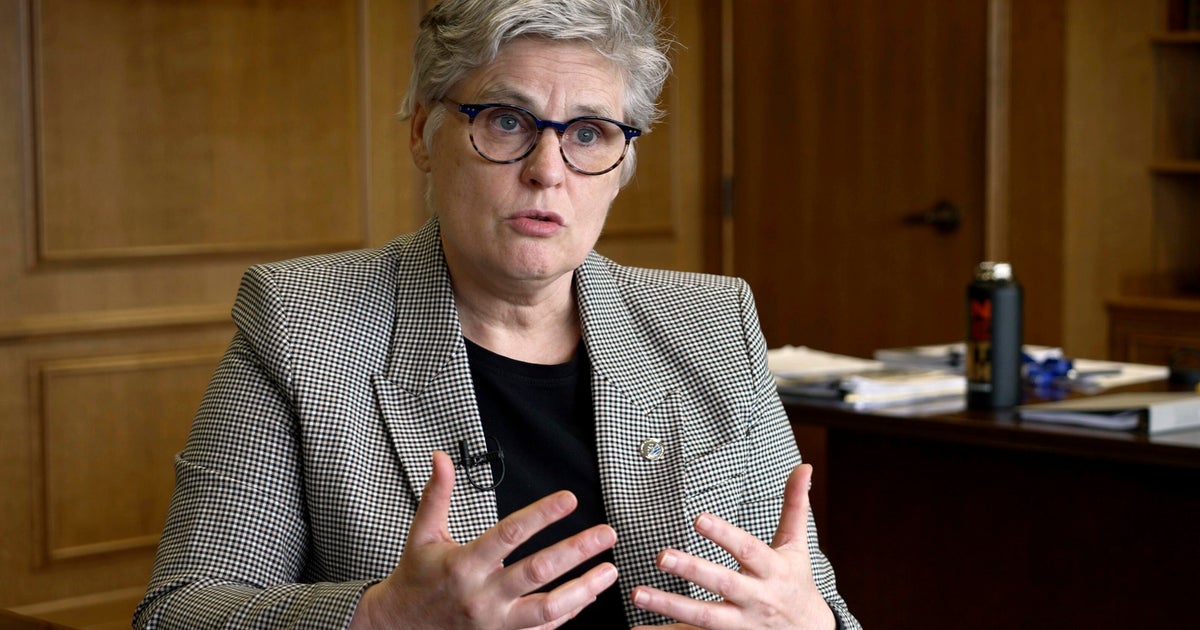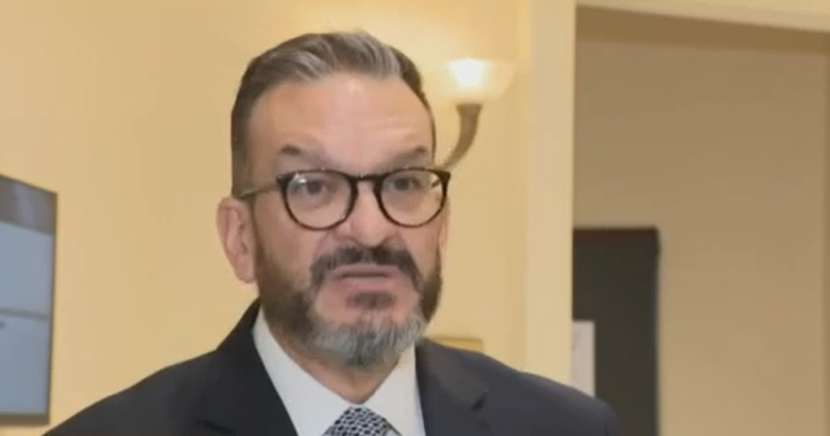Feds Pause Shipments Of Two Monoclonal Antibody Treatments Not Effective Against Omicron Variant Of COVID-19
FORT WORTH (CBSDFW.COM) - The Texas Department of State Health Services (DSHS) said this week it's been notified by the U.S. Department of Health and Human Services that it's pausing all shipments of two monoclonal antibody treatments: Regeneron and Bamete.
That's because the state said recent studies show the two treatments have "significantly decreased efficacy" against the Omicron variant.
The CDC estimates the Omicron variant is causing more than 90 percent of the COVID-19 cases in Texas and other surrounding states.
Until now, Regeneron and Bamete have been effective fighting against the original virus and Delta variant and keeping those who test positive out of the hospital.
Dr. Nikhil Bhayani, an infectious disease specialist for Texas Health Resources said Friday, "The monoclonal antibodies that were pulled off from use makes perfect sense, because studies have shown that they have very little benefit against the Omicron variant."
The state said those who provide the Regeneron and Bamete treatments should consider pausing their use unless there is laboratory evidence showing that those who test positive don't have the Omicron variant.
The state said recent studies also show the risk of side effects from the two treatments may outweigh the benefits.
The government said what is effective against the new Omicron variant is the treatment Sotrovimab.
The problem is there's a very short supply of it.
A spokesman for DSHS said Friday that Texas received 11,760 doses as of earlier this week, which includes 1,000 doses the agency was able to purchase on its own before the feds bought the remaining supply.
The state has allocated its entire supply and said it won't receive more from the federal government until January.
As a result of the short supply of Sotrovimab, the government is recommending it be given only to those who are most at risk after testing positive: health care workers, first responders, and those who are immunocompromised.
Brooks Williams is City Manager for the city of Ferris in Ellis County, which has operated an infusion center and has provided the monoclonal antibody treatments since September. "That's a very difficult position for us to be in, we have to then determine at that moment, do we deploy this asset to this individual? Or do we hold it for somebody down the road?"
Williams also said he disagreed with the government's recommendation to not use Regeneron and Bamete. "Isn't that better than a 0% chance against these variants that we're fighting? We know that it doesn't work well against Omicron. We do know it works very well against the Delta variant and others. But in the gap that we have between Regeneron and Sotrovimab, my question why would we stop those shipments, when we could still have something at our disposal to fight COVID?"
He said the city's infusion center keeps track of adverse effects of the monoclonal antibody treatments and that only 0.2 percent of patients there have experienced that.
None he said were life-threatening.
Both Williams and Dr. Bhayani said the best way to keep from getting the virus is to get vaccinated.







